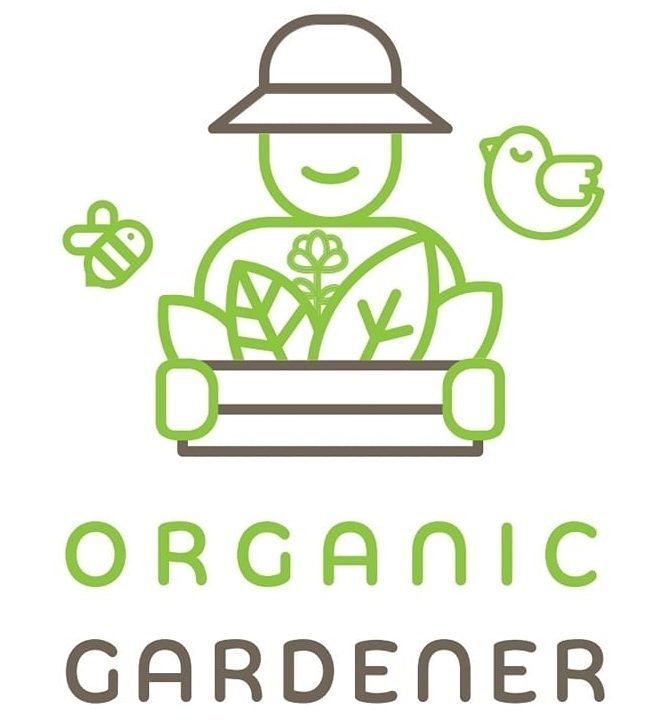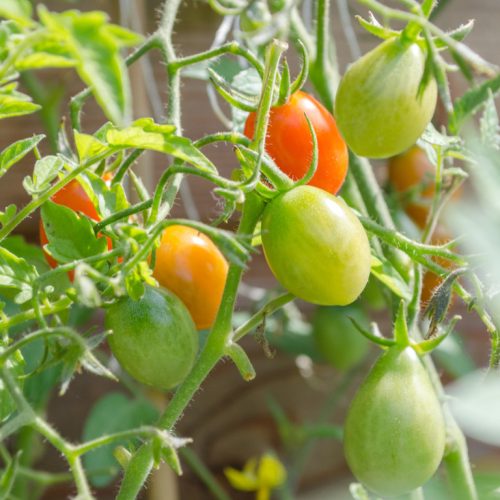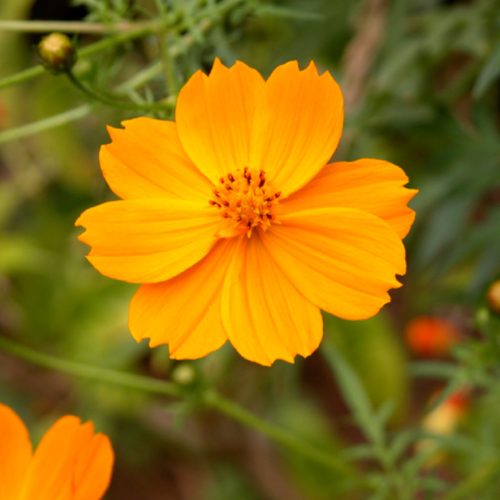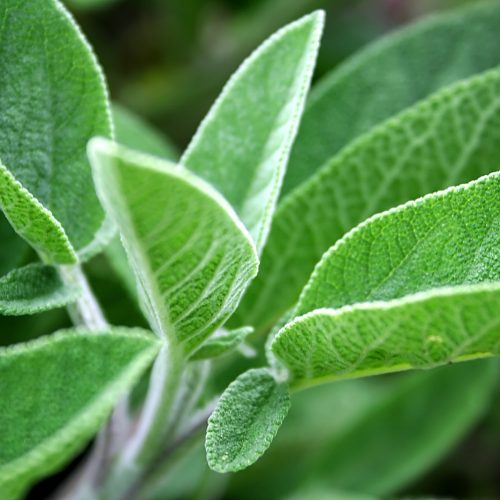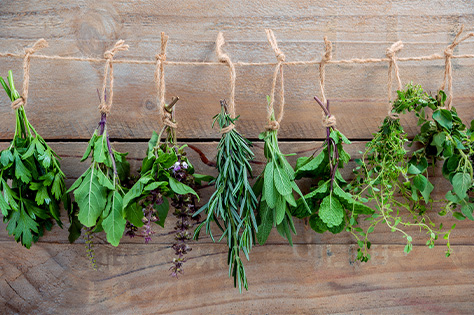Browse our Organic Seed Range.
Organic Seeds.
Organic seeds are seeds that have been grown and harvested without the use of synthetic fertilizers, pesticides, or other harmful chemicals. They are a vital component of organic agriculture and gardening practices, as they provide a way for farmers and gardeners to grow healthy and sustainable crops.
One of the most significant benefits of organic seeds is that they are not treated with synthetic chemicals, which can have negative impacts on the environment and human health. Chemical fertilizers and pesticides can contaminate soil and water, harm beneficial insects and animals, and contribute to the development of antibiotic-resistant bacteria. By using organic seeds, farmers and gardeners can avoid contributing to these problems.

In addition to their environmental benefits, organic seeds can also produce crops that are healthier and more flavourful than conventionally grown crops. Studies have shown that organic crops contain higher levels of nutrients, such as vitamins, minerals, and antioxidants, which can help to promote good health. They can also taste better, as they are often grown in soil that is rich in organic matter, which can enhance their flavour and texture.
Another advantage of organic seeds is that they can be saved and reused from year to year, which can help to preserve biodiversity and reduce the cost of farming and gardening. By saving seeds, farmers and gardeners can select the best plants for their growing conditions and develop crops that are well-suited to their specific environment. This can help to create resilient and sustainable agricultural systems that are less reliant on external inputs.
Organic seeds are also important for maintaining genetic diversity, as they allow farmers and gardeners to grow a wide range of crop varieties that have adapted to different environmental conditions and pest pressures. This can help to ensure that our food supply remains resilient in the face of changing climate conditions and other environmental challenges.
To ensure that organic seeds meet certain standards, they must be certified by a third-party organization, such as Soil Association or a European Organic Society like SKAL in The Netherlands. These organizations evaluate seeds based on a set of criteria that includes the use of organic methods, the absence of synthetic chemicals, and the use of sustainable practices. Our organic seed range is 100% Soil Association Certified.
In conclusion, organic seeds are a crucial component of sustainable agriculture and gardening practices. They offer numerous environmental, health, and economic benefits, including reduced chemical exposure, increased nutrient content, and the ability to save and reuse seeds. By using organic seeds, farmers and gardeners can help to promote healthy and sustainable food systems that support biodiversity, reduce environmental impact, and provide nutritious and delicious crops.
